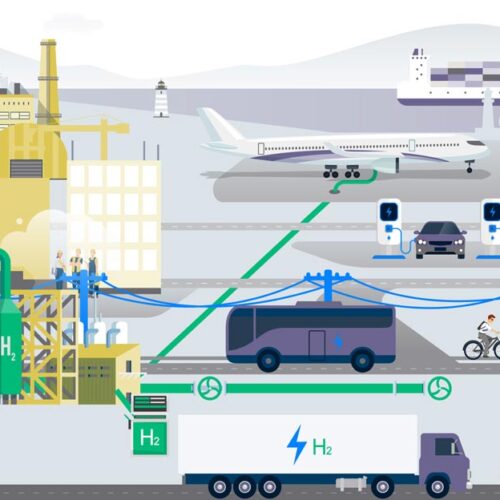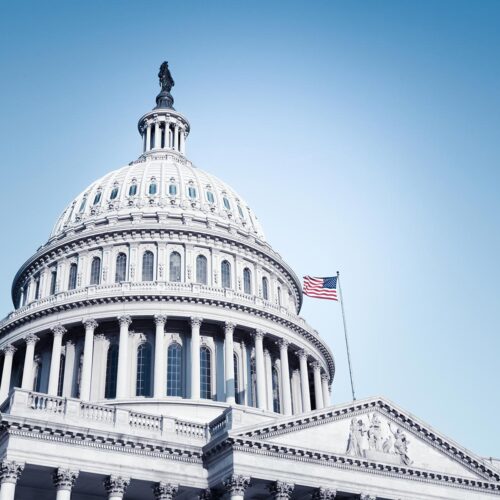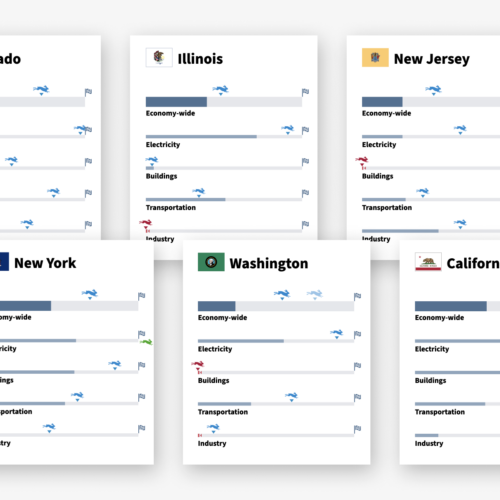
Jake is a senior associate on the State Ambition team in RMI’s US Program where he engages with leading states to increase the speed and scale of their climate policy. He focuses on providing states with the strategic clarity, analytical assistance, communications, and stakeholder alignment necessary to enable them to establish a policy portfolio sufficient to realize their own stated goals and advance a climate-aligned future.
Jake started at RMI in the summer of 2019 as a Schneider Fellow in RMI’s Office of the Chief Scientist, directly supporting Amory Lovins’s analysis and research — including the publication of “Recalibrating Climate Prospects.” Following that, Jake spent two years on the Carbon-Free Buildings program where he worked with leading practitioners to decarbonize the building sector, focusing primarily on state and local policy.
Background
Prior to joining RMI, Jake worked as a consultant at Campaign for Nature, helping to build the campaign during its earliest stages through research and stakeholder engagement. His other professional experiences include ecology research, public lands conservation, and government relations work with an energy and environment focus.
Education
M.S. in Civil and Environmental Engineering (Atmosphere/Energy program), Stanford University
B.S. in Environmental Systems Engineering, Stanford University
Location
Davis, CA








